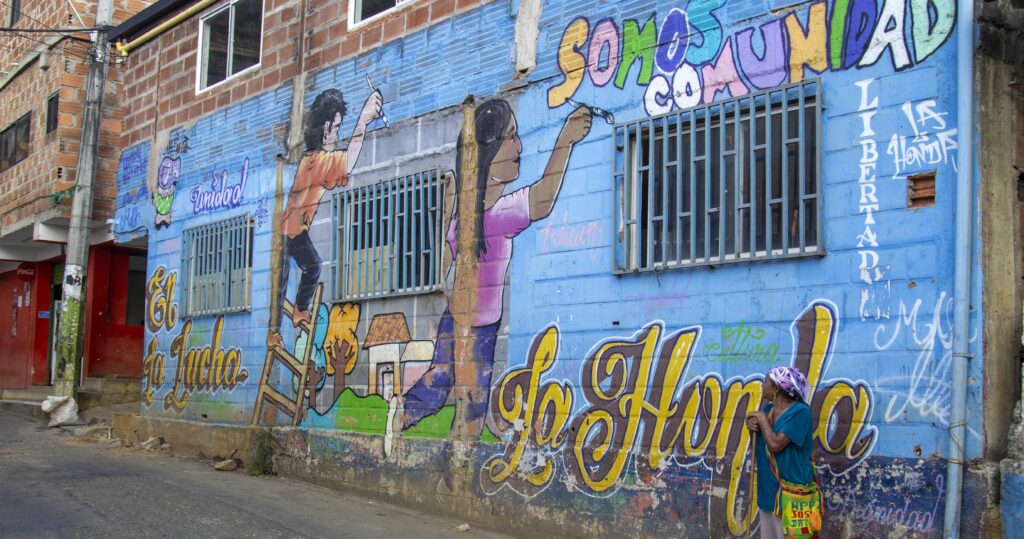The dire economic situation and political repression in Venezuela have caused over 7 million people to leave the country in recent years. Nearly 3 million of them crossed the border into neighboring Colombia. Although the government has issued temporary protection permits to almost 70 percent of these migrants, they still face a range of challenges, including barriers to accessing healthcare, discrimination and exploitation in the workplace, and increased risk of gender-based violence. Recently, Franciscans International visited different Franciscan groups in Colombia working to support these displaced communities.
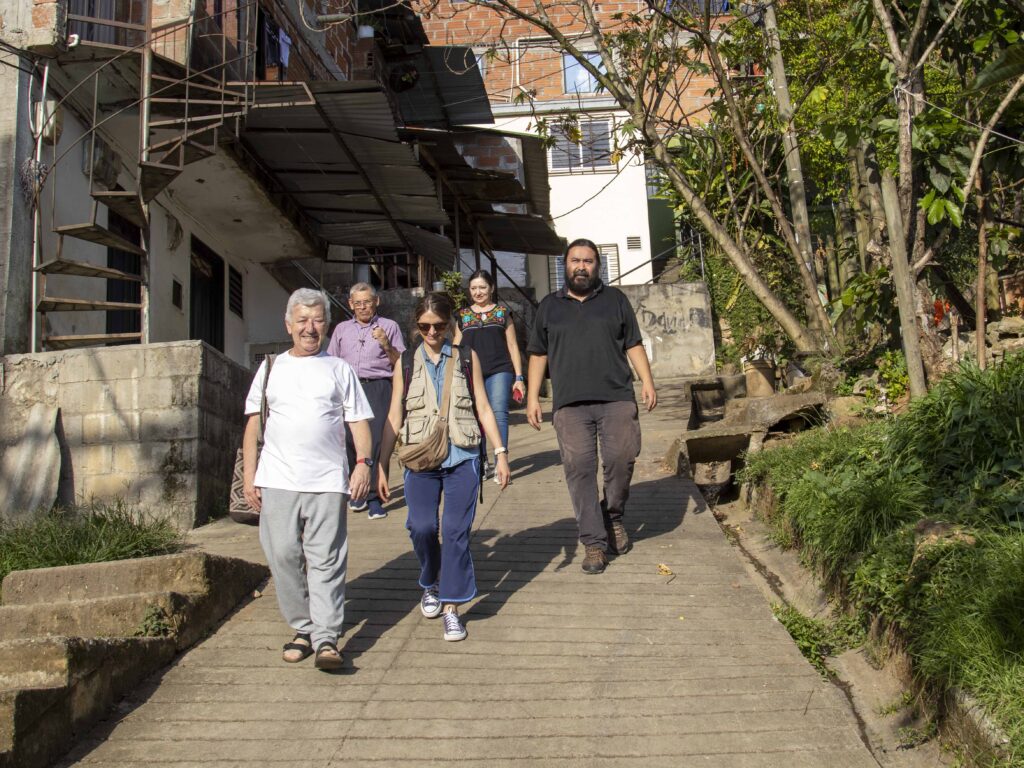
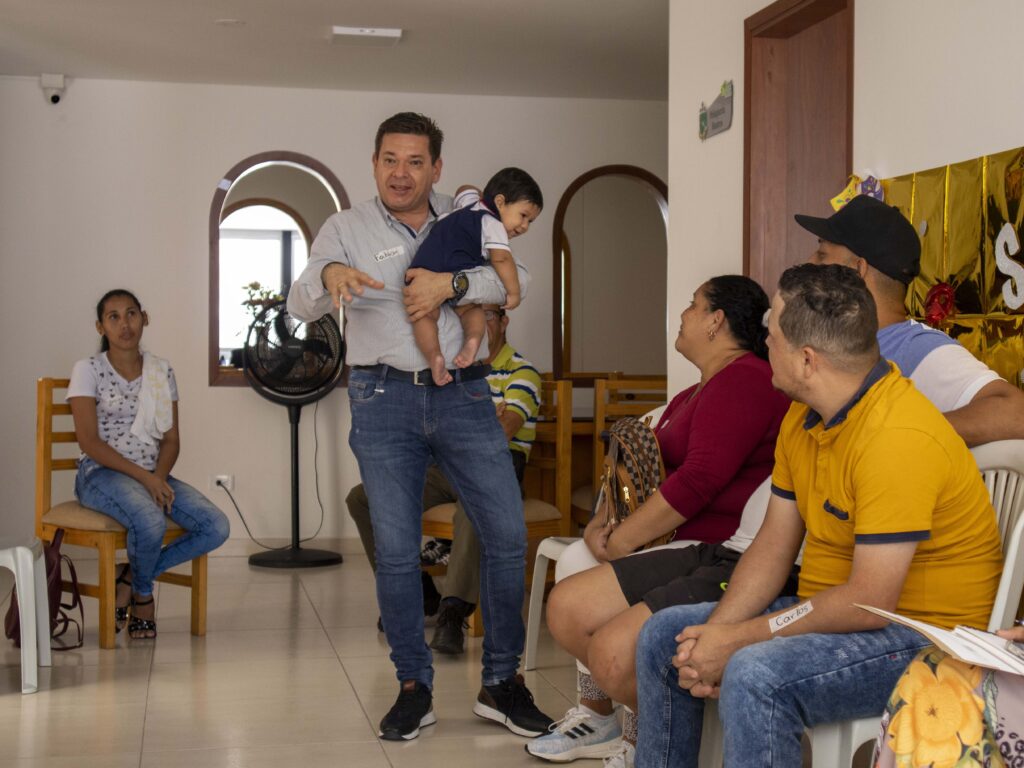
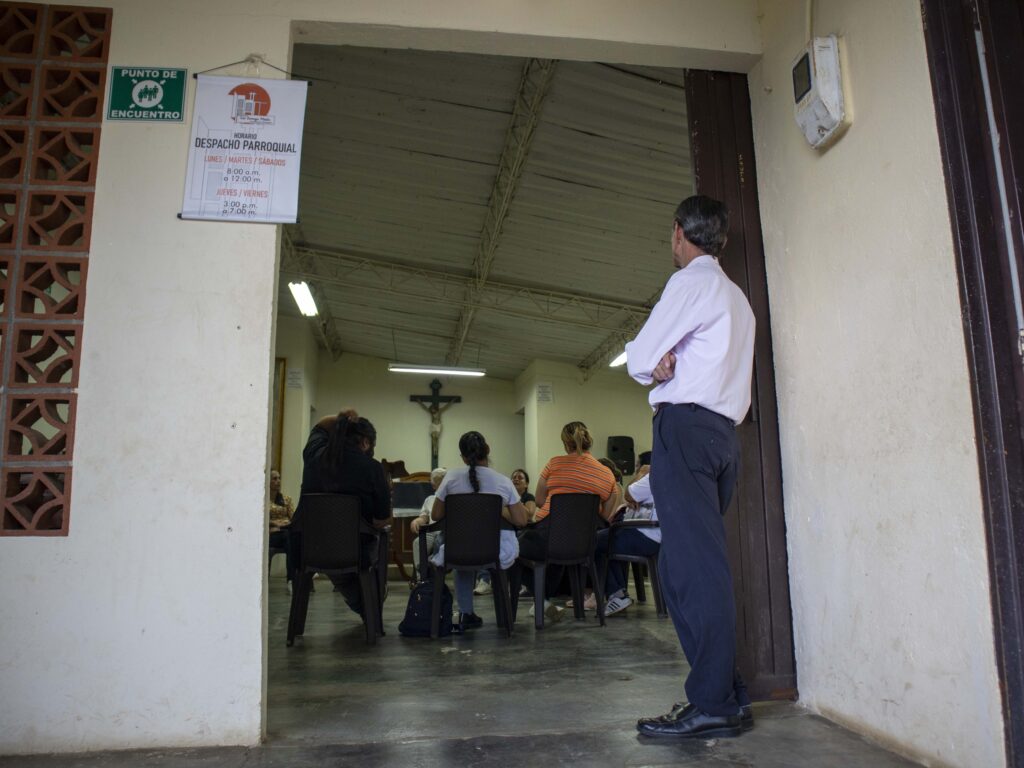
“Colombia has had more than 50 years of armed conflict that generated forced internal displacement and a humanitarian crisis. The first and second waves of Venezuelan migrants were added to the drama of displacement.” says Fabián Valderrama, who coordinates the activities of the Franciscan Network for Migrants (FNM) in Colombia. “The Franciscan Family in Colombia has always had this vocation of service and dedication to work with these communities.”
Franciscans across the country have been working to support displaced persons from Venezuela. Approaching their ministry from a ‘culture of encounter’, this ranges from providing psycho-social support to building and reinforcing networks of solidarity and mutual aid. Building on these connections, the FNM and FI are now undertaking a research project to gain a deeper understanding of the specific challenges faced by Venezuelan migrants in Colombia.
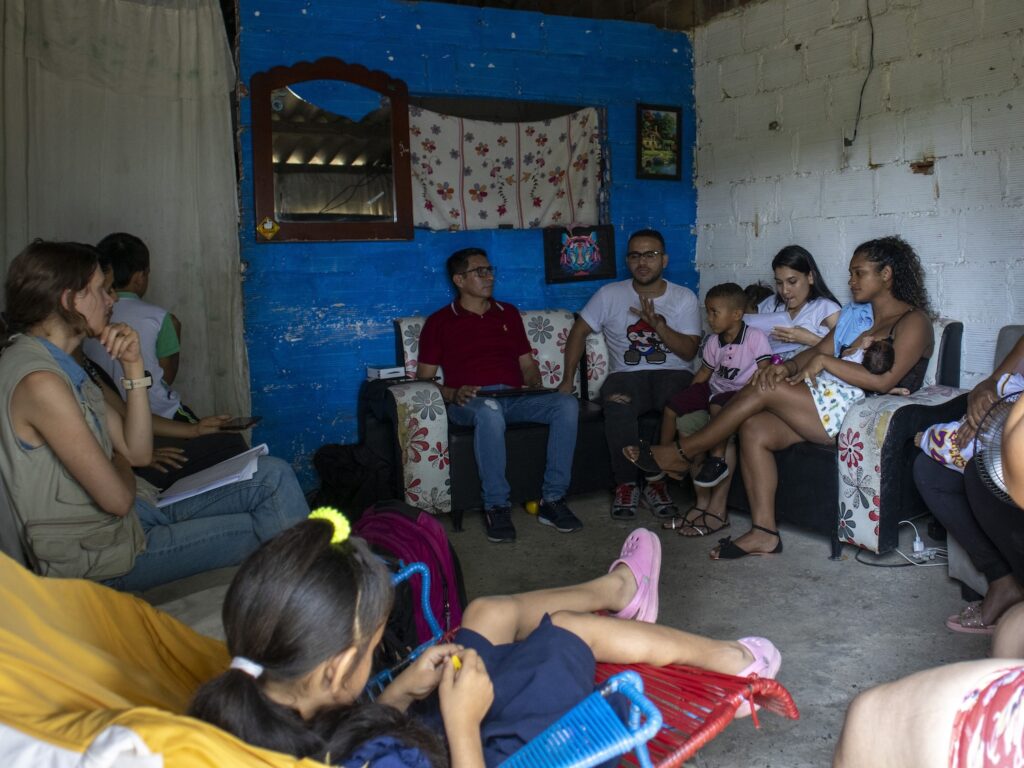
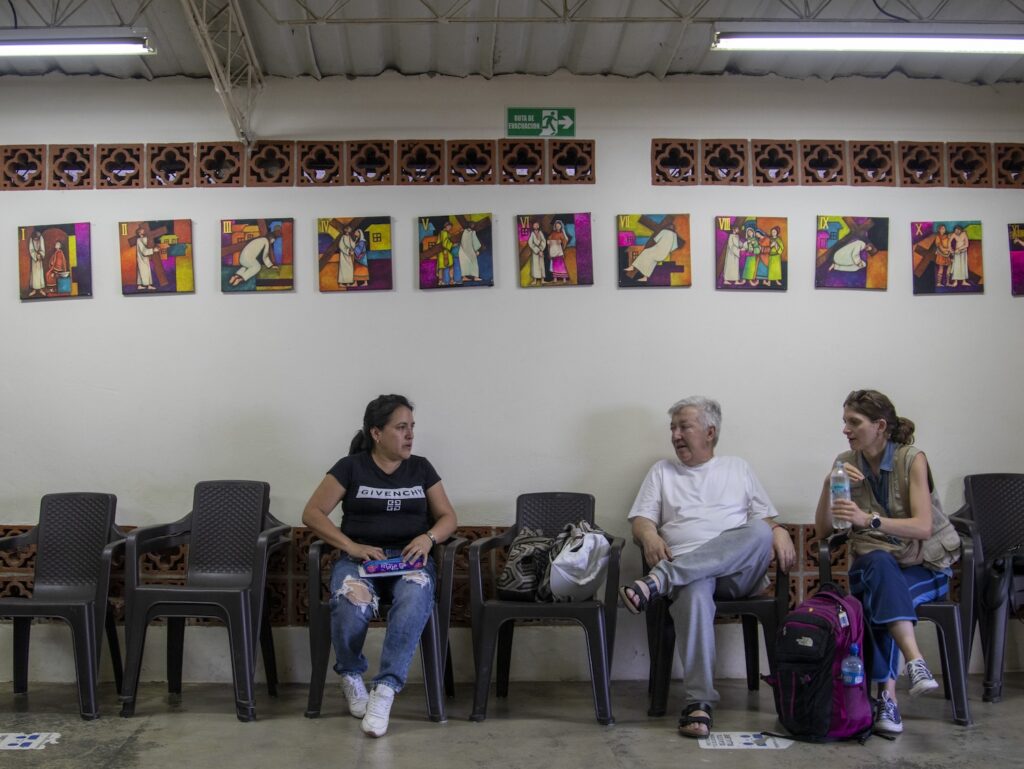
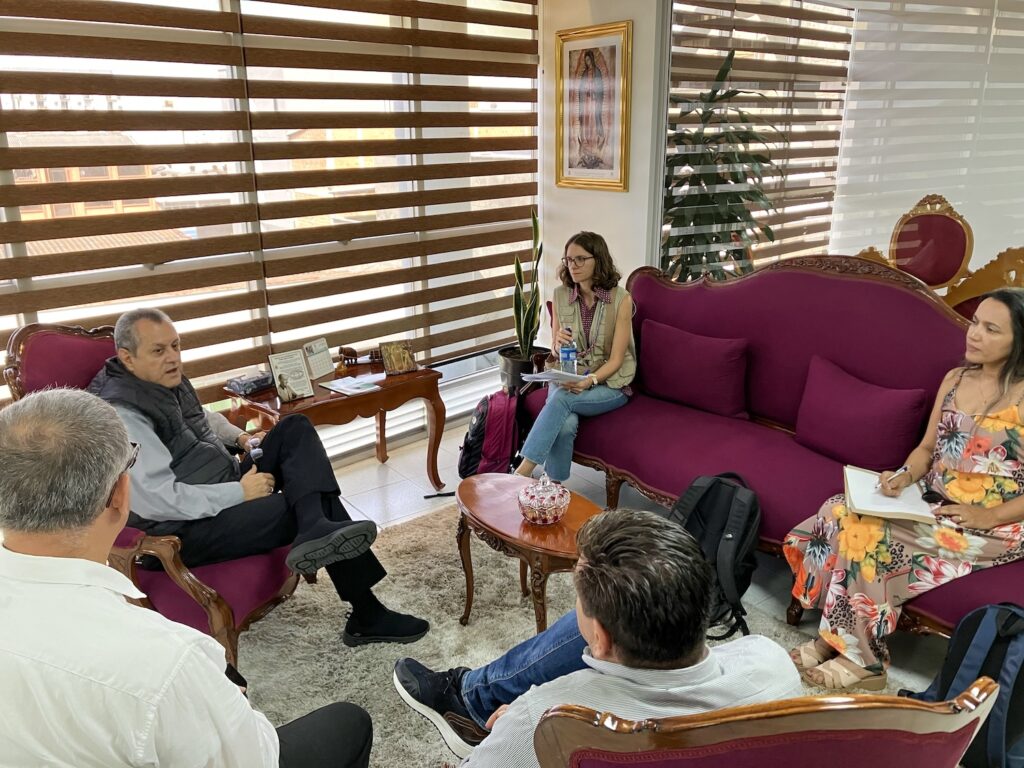
“As Franciscans, we live with the migrants and share their situation of vulnerability, in terms of public services, difficulties in accessing health care, transportation, etcetera,” says Brother Juan Rendón OFM, whose community of Friars Minor lives in the center of La Honda, one of the poorest neighborhoods of Medellin. “Here, you could say that, together with the migrants and displaced people, we are building hope.”
In August, FI joined the FNM teams in Armenia, Cali, and Medellin to take part in a series of focus group discussions. These conversations, which are to be followed by in-depth interviews, will provide the basis of concrete recommendations to authorities that can help improve the situation confronting migrants in the country. Supporting local advocacy efforts, FI will seek to raise the findings, as well as the dire human rights situation in Venezuela that fuels the current levels of displacement, through the relevant UN human rights mechanisms.

